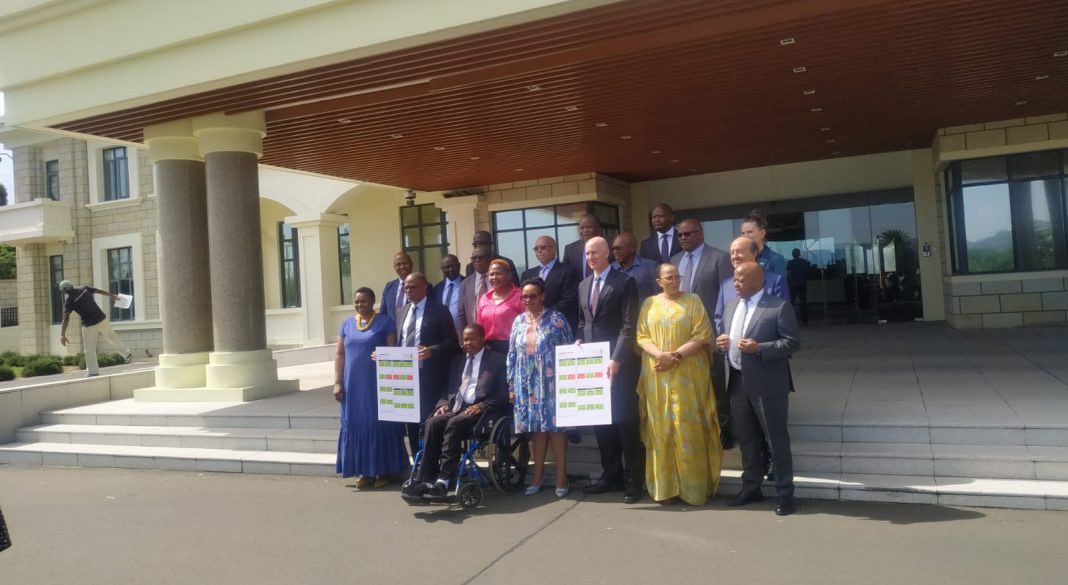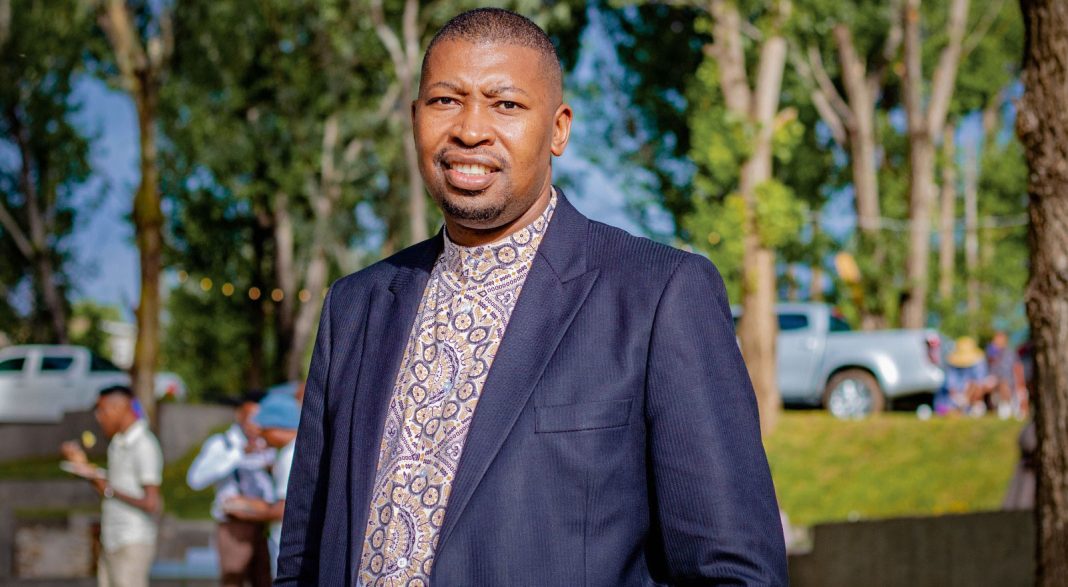The Independent Electoral Commission (IEC) says it is updating the national voters’ roll to improve the accuracy and integrity of the electoral register.
The update involves registering new voters and re-registering those already on the roll, using the national identity cards as the sole form of identification.
IEC public relations manager, Tuoe Hantṥi, tells theReporter’s Neo Kolane in this interview that the move is intended to ensure the voter roll accurately reflects the current demographic composition of the country, and that it is free from errors or duplicates.
Why did the IEC initiate this re-registration process?
We had to initiate the process with our stakeholders because our voters’ roll is too old and not easy to maintain. A roll is the backbone of elections.
How many people have registered since the campaign started?
The campaign started at the beginning of August this year, and so far in our database we have about 65 000 people.
By then until November, we were registering from IEC offices. We have 90 offices in 80 constituencies across the country’s 10 districts.
From the beginning of November, we started to intensify registration, whereby we have engaged about 534 officers who will be going door to door, public gatherings, sports, populated areas like towns. The intensification is intended to go up to the end of December.
We are even also targeting people working outside the country. Further, we have online registration and also catering for those who are technologically shy.
We have one-on-one registration; online registration is for those who can do it remotely and they are familiar with technology.
How is IEC anticipating the process to impact the upcoming local government elections?
A new, clean voter roll will reduce many challenges like deceased voters appearing, transfer issues, and outdated information.
It would be important to implement effective systems for ongoing updates and regular maintenance of the roll to ensure it stays accurate in future.
A new voters roll will certainly help address some current issues, especially if the old roll has been in use for a long time ie since 2001.
New registrations will ensure that all entries are up to date, and people would only be on the roll if they are currently eligible voters. This also makes it easier to eliminate outdated or inaccurate information, such as deceased voters.
If the expectation is that transfers will be minimal, that could simplify the process significantly. For instance, if people are already familiar with where they live and where they should vote, the number of people needing to transfer between constituencies or polling stations would be smaller.
The key challenge would be ensuring that the process of transferring is clear and accessible, especially if people move often or do not know exactly where they are registered.
The issue of deceased voters on the roll is certainly a problem for many electoral systems across the world. While people pass away daily, it is important to have a system in place to regularly clean the roll to remove the names of deceased individuals. Relying on manual reporting by families or government agencies could be one approach, but automated cross-checking with death registries would be more efficient and accurate.
A voters’ roll dating back to 2001 would likely have accumulated many errors over the years, such as duplicate registrations, outdated addresses, and names of deceased people. One solution could be to periodically conduct a national voters’ roll audit or data verification campaign, where citizens are encouraged to check and confirm their registration details, and any inaccuracies addressed.
What happens if a voter misses the re-registration process? It is against the law?
Currently, an eligible voter is any Mosotho who is above 18 years of age, has not violated the election law, is mentally stable, and has not been convicted and sentenced to death. It is illegal to be eligible to vote and yet not registered.
The intention of the upcoming amendment, if it goes through parliament and passed, is to make both registration and voting voluntary, meaning not forcing anybody. Currently, registration is binding.
How will the IEC ensure the integrity of the voter registration process?
This is a start. As long as the voters’ roll is clean, everyone who has registered will have their names appear correctly.
The voters’ roll will be declared OK according to voting standards in this country.
How can the National Voter Re-registration Campaign in Lesotho help strengthen democracy?
A clean voters’ roll brings trust amongst stakeholders such as politicians and voters. Political parties registered with the IEC will know for sure that they appear on the voters’ roll where they applied to register.
Even on voting day, their names appear correctly, meaning the integrity and credibility of the polls will be acceptable.
How will the IEC ensure the accuracy of voter data?
If the voters’ roll is new and the particulars of voters are correct, well placed, and there are no doubts or major queries, then obviously that is the intention of the Commission.
Re-registration is intended to ensure that we have a clean voters’ roll come 2028.
We started this exercise on 1 August 2024, and we have now intensified registration for November and December, in the build up to 2028. That means we still have time to continue registering until then. But on the same note, the Commission will decide when to intensify its campaigns.
At district level, we have officers responsible for registering and cleaning the voters’ roll in constituencies.
Is the IEC considering introducing online voting in future elections to increase voter participation, particularly for citizens living abroad or those who are unable to attend polling stations due to health or logistical reasons?
It depends because it starts with trust and how sophisticated the system of online voting that we choose is.
Currently, we have a problem. The law says that Basotho in the diaspora should register and vote. It provides for those who are working in government; diplomats, and their households only. School children are not allowed this privilege; they are expected to come into the country, but the plan with the amendment is to register at diplomatic missions.
When it comes to online voting; we will gradually get there.









